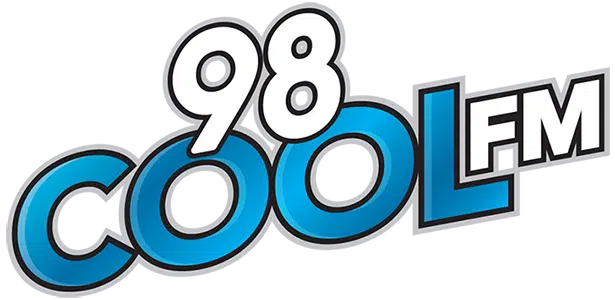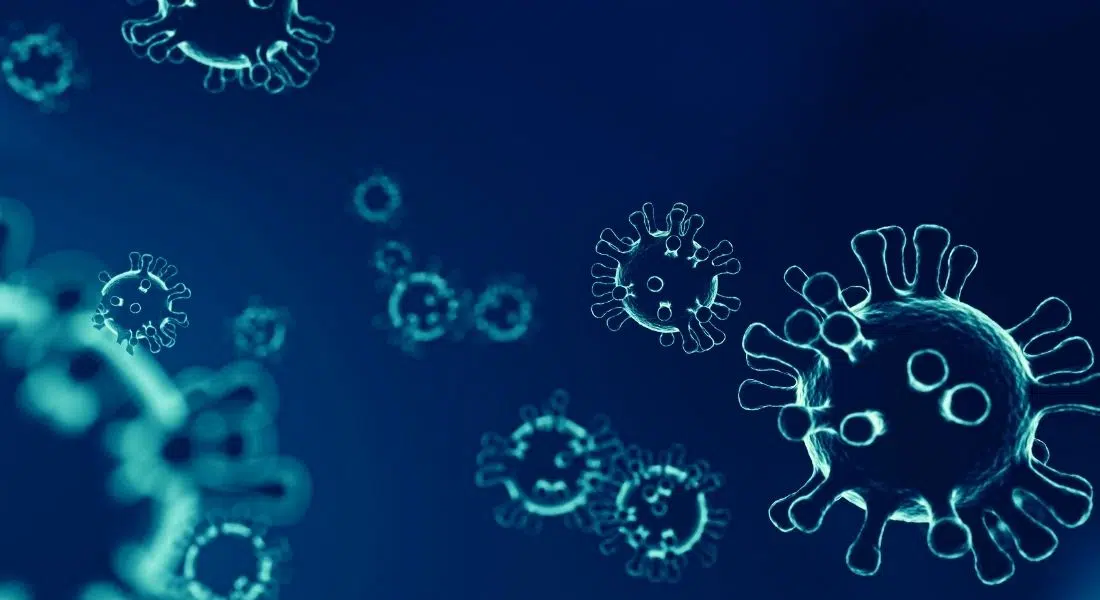The President and CEO of the Saskatchewan Health Authority says the extra nurses coming from the military and the upskilled nurses graduating in the next few months won’t mean a broad scale restart of postponed surgeries and treatments any time soon.
Scott Livingstone says although the COVID-19 numbers have dropped a bit, there are still a high number of COVID-19 hospitalizations and the ICU system remains too taxed right now.
He says even having everyone available to work in an ICU who is trained to do so means having to put off cardiovascular operations and neurosurgeries.
“At the same time try to build capacity in province restarting some of those procedures because some of those patients are at risk.”
The President of the Saskatchewan Public Safety Agency, Marlo Pritchard, says three more ICU patients with COVID-19 were transferred to Ontario on Monday, for a total of 12 to date. Up to four could be transferred on Tuesday.
He adds that there are 71 COVID-19 patients in ICUs in Saskatchewan, not including the 45 non-COVID patients for a total of 116, not including the patients in Ontario. Along with the federal support of six critical care nurses expected to begin on Wednesday, the government has also given access to an air medical transfer plane, with the first flight on Tuesday.
The Premier mentioned in his State of the Province Address on Monday that 60 or 70 nurses are expected in the coming weeks to help out with the over capacity in Saskatchewan hospitals and ICUs, but Scott Livingstone explains that the SHA has been upskilling nurses through a training course, so they can work as a junior nurse alongside a fully trained ICU nurse.
He believes Premier Scott Moe is referring to the 27 students who are graduating from this training course the first week of November, followed by a group of 12 in December and more in January.
The SHA is also pursuing hiring up to 32 trained ICU nurses on contract. Livingstone says along with the six critical care nurses from the federal government, planning is still in place for up to 20 Canadian Red Cross nurses.
The province announced on Monday that the federal government had allocated 1200 doses of monoclonal antibody treatment for Saskatchewan, and 476 have arrived, to be split between Regina and Saskatoon.
Dr. Satchan Takaya is the physician lead on this one-dose COVID-19 treatment. It needs to be taken within the first five days of the onset of COVID-19 and it’s for unvaccinated people at risk of needing to be hospitalized and for immunocompromised patients.
Dr. Takaya says those who are eligible will have to be referred for the treatment through a clinician. She adds that this is not a replacement for a vaccine.


















